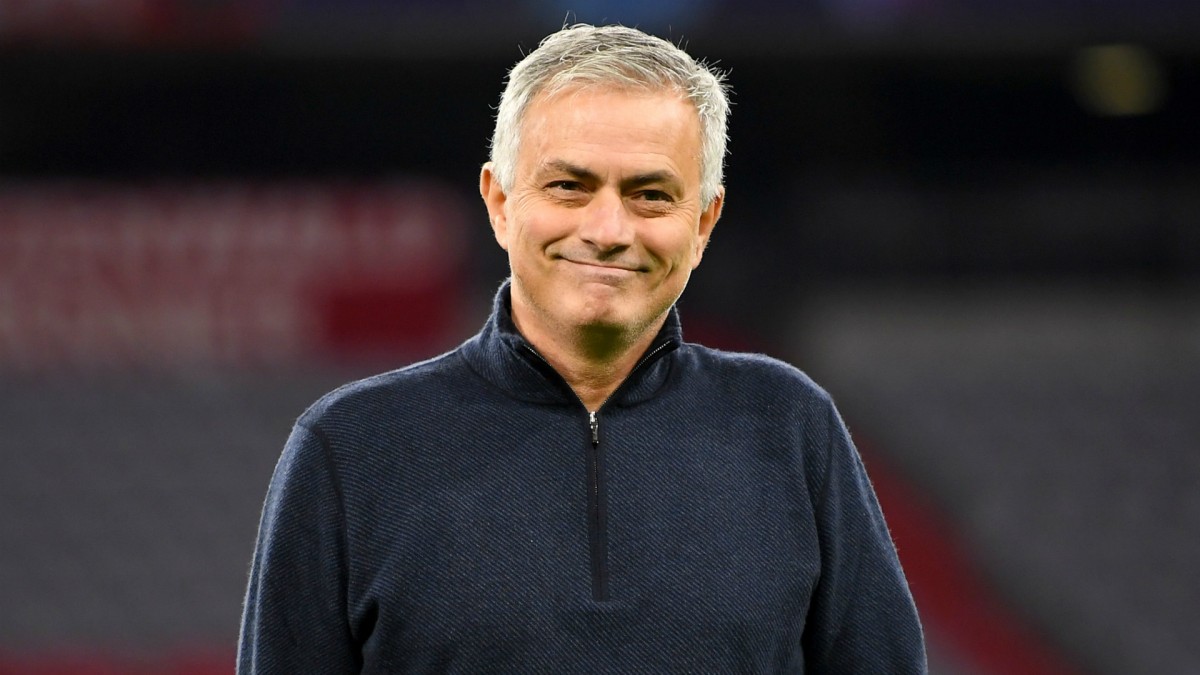20th November 2019. José Mourinho is presented to the world as the new manager of Tottenham Hotspur.
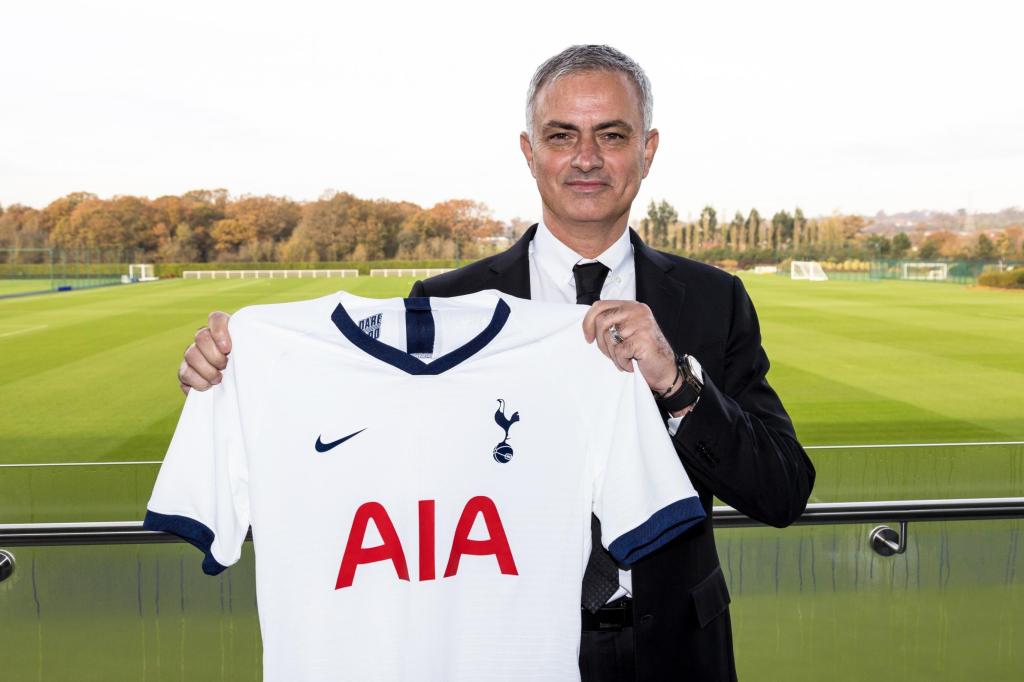
It would have been a barely believable statement had it been made less than six months previously. Mauricio Pochettino had just taken the club to their first ever Champions League final and it was hoped that he would lead the club into a glorious new era in their wonderful new home.
It wasn’t to be. The 2-0 loss to Liverpool sapped the energy and confidence of a team and a manager who had taken Spurs to new heights, with the attempts to refresh the squad coming too late to prevent the slide. Pochettino left the club after a five game winless streak with the team in 14th position.
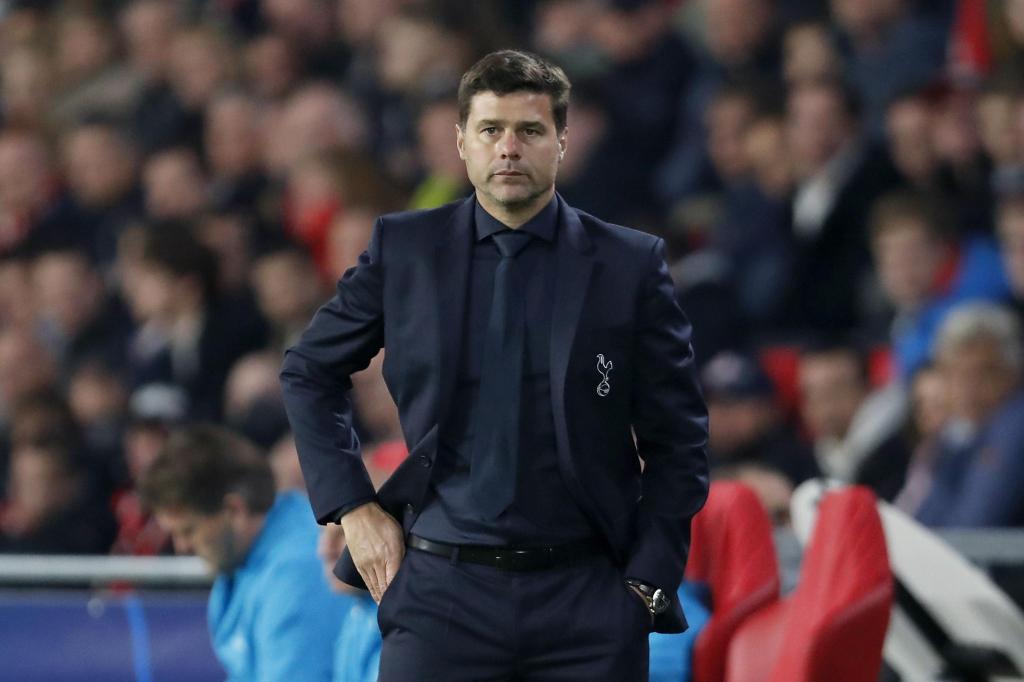
In many ways Mourinho seemed to be the complete contradiction to Pochettino. Friction with senior players were par for the course during his most recent spells at Real Madrid, Chelsea and Manchester United, and there were major doubts about his commitment to bringing through young players – his treatment of Luke Shaw, in particular, was uncomfortable viewership. His defensive style of football was a far cry from what Spurs fans had grown accustomed to, and while Pochettino built himself into the DNA of the club, Mourinho rarely stayed anywhere for more than three seasons. Then there was his history with Chelsea. Enough said there.
But Mourinho was also a serial winner. For all of the joy Pochettino brought to our football club, he couldn’t get the team over the line and secure that elusive trophy. It had been eleven years since Spurs’ last and even that was only a League Cup. The wait for a League title had stretched to nearly sixty years and the whole club still seemed to be reeling from the Champions League final loss.
Mourinho had been brought in to win, to find the final piece in a puzzle that already included world-class players, stand out training facilities, a growing global reach accompanied by lucrative commercial sponsorships, and arguably the best new stadium in world football.
The short-term brief, however, was to drag Spurs into the European places, a must for a club who had accumulated significant debts in building the aforementioned stadium. The football wasn’t always pretty, and the defence remained porous at times – eight clean sheets was the lowest total since 2010/11 – but it was a small achievement in itself to move a team low on form, confidence and energy from 14th to 6th.

The 2-0 victory over Manchester City, courtesy of a memorable debut goal by Steven Bergwijn, was a highlight, but it was the form after the season’s restart which really underlined the recovery. In nine games Spurs lost just once, with five wins – one of which being in a North London Derby – and four clean sheets sealing European football for another season.
The summer transfer window proved to be the real watershed moment, however. Uncharacteristically, Spurs moved quickly and decisively, securing two new full backs, cover for Harry Kane and Hugo Lloris, a promising young centre back, the marquee signing of Gareth Bale and, arguably most significantly, Pierre-Emile Højbjerg, a player who has already established himself at the heart of the side.
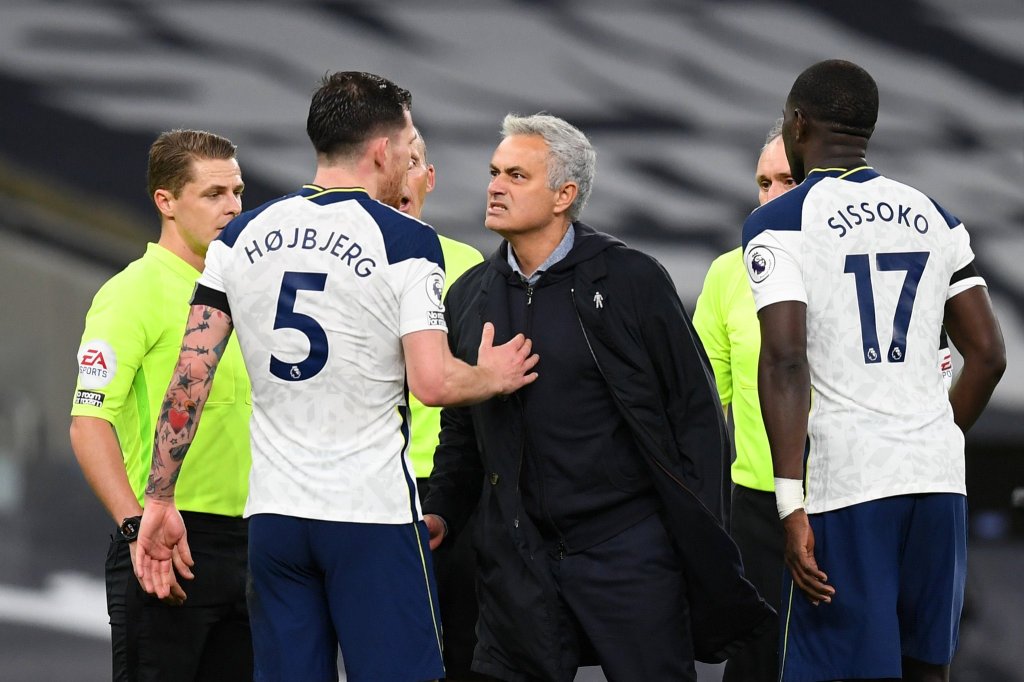
As well as filling the gaps on the pitch, Mourinho looked to address the much sought after but statistically unquantifiable qualities of ‘leadership’. Højbjerg is the obvious embodiment of that, but in Joe Hart, Bale and Sergio Reguilón too, Mourinho brought in players with experience of winning major trophies. Added to the mix are international captains Kane, Lloris, Heung-Min Son and Serge Aurier, plus the competitive drive and experience of Eric Dier and Toby Alderweireld. There can be few complaints now that this Spurs team is lacking in the right mentality.
Mourinho has also shown that he has evolved tactically too. There was a belief in some quarters that the methods which had made Mourinho one of the most decorated managers of all time had grown stale, that managers like Jürgen Klopp, Pep Guardiola and Mauricio Pochettino had moved the game on. Against Manchester City, however, Mourinho underlined why he remains one of the leading managers in the game.
The defensive solidity that epitomises all of Mourinho’s teams still remains central to his ethos and the ease with which Spurs soaked up City’s attacks was striking. Dier is repaying the faith shown in him and was immense on Saturday night, making block after block after block. Højbjerg continues to marshal the side brilliantly leaving Kevin De Bruyne isolated and frustrated. And, while Kane rightly gained plaudits for his defensive display, hard work and tactical nous runs right through the team.
As well as epitomising Spurs’ relentless pursuit of defensive perfection, it was also Kane who showcased the evolution of Mourinho’s tactics in attack. Kane’s game has reached another level since being deployed in a deeper position by Mourinho. He should now be described as a complete forward and can rightly lay claim to being one of the top 10 players in world football.

Against City Kane looked to reinforce that status, pulling Rúben Dias and Aymeric Laporte – a £120 million central defensive partnership – all over the pitch, rupturing Guardiola’s high pressing game and leaving acres of space around them. Both goals resulted from Mourinho’s game plan and Manchester City’s defence – and indeed Guardiola – were left unable to respond.
Of course, Kane was already an exceptional player when Mourinho arrived, with his dedication and professionalism ensuring that he would’ve continued to excel as he entered his peak years. But Mourinho’s finessing of Kane’s positioning has seen marked improvements in both his individual performances, and the team’s as a whole.
It is not just Kane who has taken his game to another level. Lloris is having his best season for some time, regaining his trademark calming influence on the team as a result. As previously mentioned, Dier is repaying Mourinho’s faith and is getting better with every game at centre back. Son has been the clear beneficiary to Kane’s deeper positioning and together they have formed the most devastating strike partnership currently playing in the Premier League. And Tanguy Ndombele is now regularly showing his talent – you’d frame his pass to Son for the opener and put it on your wall at home if you could. Mourinho’s tough love looks like it’s paid off and you suspect there is even more to come, a mouthwatering prospect.
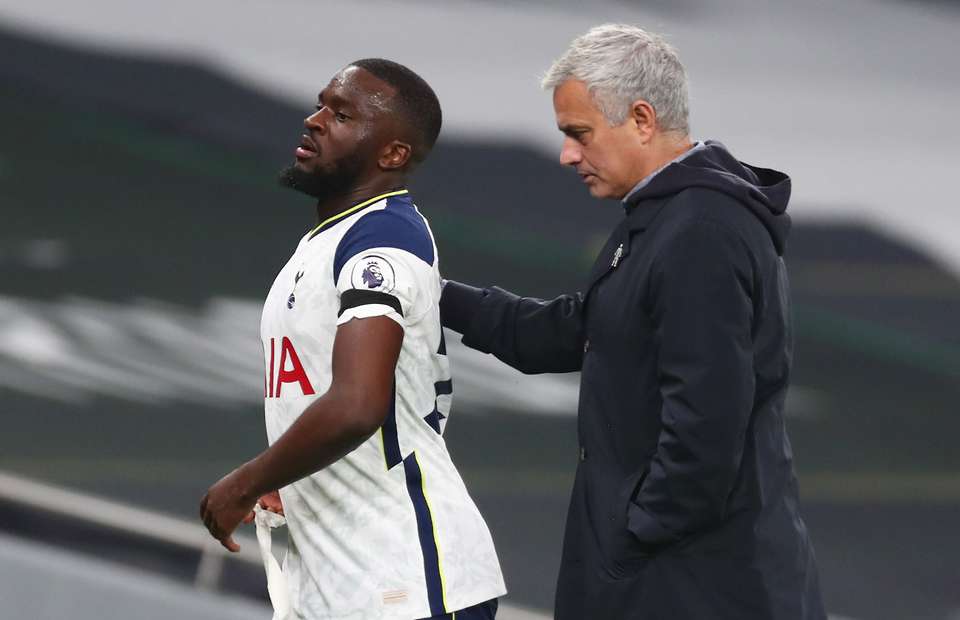
The performance against City was a culmination of the progress that has been made defensively. Sure, Mourinho would like to improve on the number of clean sheets Spurs have kept, but the nine goals conceded is the fewest in the Premier League. But for the aberration against West Ham, that figure would’ve been even lower. They are scoring plenty of goals too, the ruthless six goal dismantling of Manchester United being an obvious example. 2.33 goals per game is Spurs’ best ratio since the Premier League era began and dispels the notion that Mourinho is content to squeeze out stodgy 1-0 wins.
Granted, there is a long way to go. Spurs may be top of the league, but they are less than a quarter of the way through a long season unlike any other. While a number of players have found their feet in new Mourinho era, others like Harry Winks, Davinson Sanchez and Steven Bergwijn are yet to recapture the form needed to break into the first team on a regular basis. Meanwhile, despite flickering back to life at the start of Mourinho’s reign, Dele Alli seems to have entered a permanent state of decline. It’s becoming increasingly hard to see a way back for a player who, at the age of 24 and with nearly 40 England caps to his name, should be entering the best years of his career.
But the early signs are good and seems to be a different Mourinho to the one we’ve seen for much of the past decade. He feels revitalised and happier. He’s still evolving tactically, and continues to show that he can not only compete with the ‘new’ generation of managers, but he can dominate them too. He’s quickly built a squad with depth in every position, the team is defensively sound and still scoring plenty of goals. The vast majority of players have recovered their form of old, while some like Son and Kane are now the leading players in the Premier League and among the world’s best.
Perhaps Mourinho may not bring as much unbridled joy as Pochettino did and his strong connection with Chelsea will always sit uncomfortably – the two may well be correlating factors – but, with football fans being as fickle as they are, joy will be unbridled and his time at Chelsea will serve as a footnote should he lead Spurs to a long overdue trophy.
Who knows, that could include a Premier League title. The thought doesn’t seem so fanciful with Mourinho in charge.
